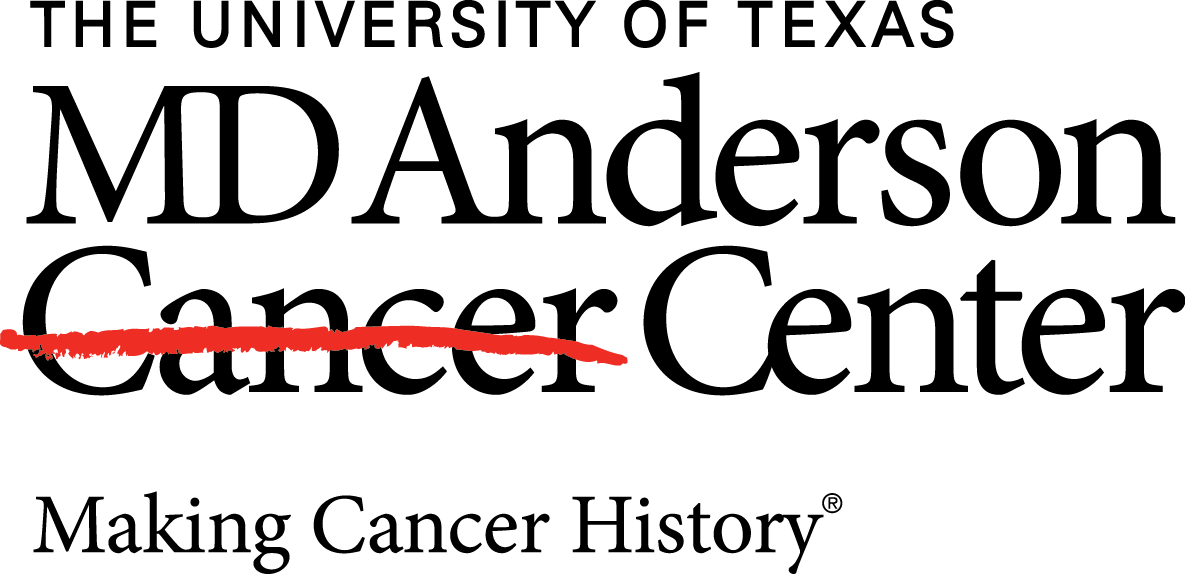On Jan. 27, the Food and Drug Administration (FDA) granted approval to treatment with Enhertu (fam-trastuzumab deruxtecan-nxki) for patients with unresectable or metastatic hormone receptor (HR)-positive, HER2-low or -ultralow breast cancer that has progressed following at least one endocrine therapy in the metastatic setting.
This approval was supported by findings from the DESTINY-Breast06 trial which were shared in June 2024. In the study, Enhertu reduced the risk of disease progression or death by 36% compared with chemotherapy in 866 patients with chemotherapy-naïve, HR-positive, HER2-low or -ultralow metastatic breast cancer. The median progression-free survival was 13.2 months with Enhertu versus 8.1 months with chemotherapy. The objective response rate in the overall population was 62.6% for Enhertu versus 34.4% for chemotherapy, with complete responses occurring in 2.5% and 0% of patients, respectively.
Glossary:
Progression-free survival: the time during and after treatment that a patient with cancer lives without the disease worsening.
Objective response rate: the percentage of patients whose cancer disappears or shrinks from treatment.
Complete response: when there are no detectable signs of cancer in the body after treatment.
In an interview with CURE®, Dr. Debu Tripathy discussed the regulatory approval and what it could mean for eligible patients within the landscape. Tripathy is a professor and chairman of the Department of Breast Medical Oncology, Division of Cancer Medicine, The University of Texas MD Anderson Cancer Center, in Houston, and the editor-in-chief of CURE®.
Transcript:
The recent approval for Enhertu in patients that have HR-positive, and HER2-low or -ultralow breast cancers expands the number of patients that can benefit from treatment. We've [seen] from some of the earlier trials, like the DAISY trial — which was a small phase 2 trial that enrolled some patients with totally HER2-negative breast cancers — that some responses [have been] seen. It's difficult to quantify very low HER2 since most assays are based on declaring patients to be truly HER2-positive by the conventional [criteria], where you have either amplification of the gene or overexpression. The very low levels of detection are ultimately, I think, going to require special techniques. However, those who are experts at reading it can do this with a normal, generally approved assay for HER2 determination.
In some of the early observations, this was formally studied in a large phase 3 randomized trial, the DESTINEY-Breast06 trial, which enrolled HER2-low patients, but it also enrolled a cohort of patients that were HER2-ultralow. This is defined as very weak staining in less than 10% of cells, and anything more than that is considered HER2-low. Ultralow states that there has to be some epithelial staining. It can even be partial staining of a part of the cell, but the ones that are truly totally negative are true zeros. That is the distinction to be made; we're now expanding it to this ultralow group.
The DESTINEY-Breast06 trial was a randomized trial comparing standard of care treatment versus Enhertu in patients who had progressed on endocrine therapies and had low or ultralow [disease]. That study was overall positive, including a subset of patients with ultralow, although that subset was small and didn't have the statistical power on its own to show that, but as time goes on, there may be more power as we get more events in that overall cohort.
Transcript has been edited for clarity and conciseness.
For more news on cancer updates, research and education, don’t forget to subscribe to CURE®’s newsletters here.






